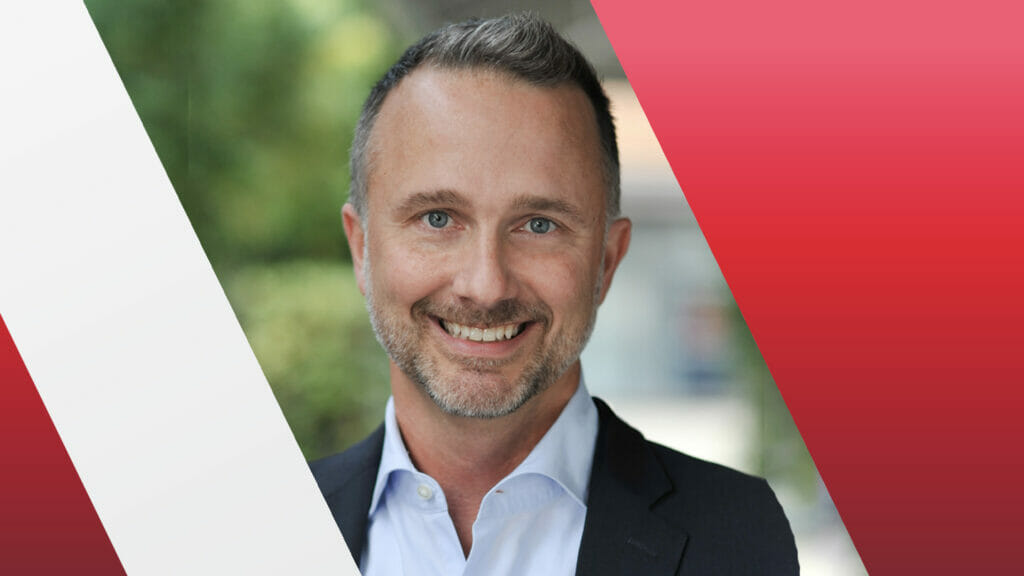
Matt Patterson of WelbeHealth, a physician-led company dedicated to expanding the Program of All-Inclusive Care for the Elderly (PACE), believes that the national growth of PACE is almost inevitable, given the need.
“I would say PACE to date is only serving about 60,000 seniors across the entire United States,” Patterson told McKnight’s Home Care Daily Pulse. “And the need is vastly larger than that, which is why you’ve seen a lot of things over the past few years, with various administrations and CMS [Centers for Medicare & Medicaid Services] and Congress passing rules and legislation to help the PACE model expand.”
Last week, WelbeHealth, the public benefit firm founded in 2015, disclosed it was opening two PACE centers in the greater Los Angeles metropolitan area — in Rosemead and North Hollywood. The two centers aim to reach 9,000 older adults who live within 20-minute drives of the centers. Typical of PACE, they will offer spaces for medical and dental care, social recreation, physical and occupational therapy, personal care, meals and nutritional counseling. Transportation and in-home care also will be part of their integrated services. Both centers are currently enrolling new participants, with services set to begin on July 1.
One of the factors holding back the development of PACE, a Medicare- and Medicaid-funded program, is starting capital, Patterson noted. However, Patterson believes three factors will provide tailwinds for PACE: expanded government coverage, increased enrollment and growth of participants in PACE, and more consumer awareness of PACE as an option, especially for family members.
“Those are the trends that I already see kind of underway, and we’re in favor of all of those things continuing, provided that we maintain a very high bar for the types of operators that ought to be doing this model,” Patterson said.
Around 14 million U.S. adults need long-term services and supports, he said.
“There’s over 600,000 people who are on waiting lists for home- and community-based services, wait times of over three years,” he said. “We also see in our communities that we serve, PACE is still kind of a smaller option that could be expanded. So we just think that there’s a need. I think that’s evident in the fact that you’re seeing a lot more states open up and expand the model.”
PACE is currently in more than 30 states. In 2021, Sen. Bob Casey (D-PA) introduced the PACE Plus Act which would expand the program through federal grants and provide technical assistance to help organizations launch programs.
